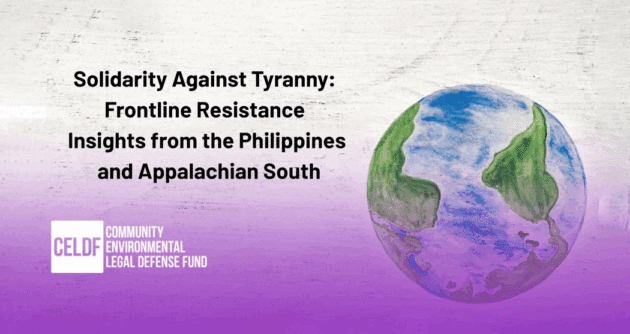Feature image by Walter Martin
The law locks up the man or woman
Who steals the goose from off the common
But leaves the greater villain loose
Who steals the common from off the goose
from a 17th Century English Protest Song against the Enclosures
Eviction from Eden
The separation of human communities from their land base is a violent tactic used by ambitious tyrants. Prior to the transatlantic expansion of empire in the sixteenth century, monarchs in Europe, and particularly in England, practiced their techniques of domination on their domestic population by evicting people from their traditional common lands and instituted a protracted and continuing legal assault on human communities in a centuries-long campaign known historically as the enclosure of the commons.
Today, we call the appropriation of publicly shared land for exclusive private use “privatization.” Legally recognized land proprietorship conveys monopoly control of land parcels to a small number of favored people, meaning that in the view of the law they possess the right to exclude all others from use of land once owned by no one, but shared in common by communities.
Establishing exclusionary control of land by a privileged elite is the first ploy and the perennial strategy of those intent on empire. It entails severing the natural connection between human communities and the natural communities (now called ecosystems) in which they normally share membership.

The eviction of peasants from the land was intended to vindicate the empire’s claim to possess all natural “resources” so that, through widespread deprivation, the bounty of the land could be transformed into commodities and the dispossessed could be motivated by the resulting scarcity to buy them back with their labor, thus fueling the engine of empire.
Land enclosures and centralized control of domestic, settler, and Indigenous populations are defining characteristics of coercive civilizations. The cynical rationalization for all of it was accomplished early on through a kind of propaganda that is praised to this day as the epitome of human intellectual achievement. It’s referred to as “enlightenment philosophy.” Central to this alleged enlightened way of thinking is the claim that civilized humans are superior to and set apart from Nature and every form of life that comprises it. This belief system has justified the savage conquest of people ironically referred to as savages. It has excused the ruination of communities and the rapacious and wasteful extraction of Earth’s bounty for short-term convenience and luxury, without a thought for the future. If this origin story seems unfamiliar, perhaps it has for too long been kept secret. And if that’s the case, then it’s long past time for us to come to terms with it. Wouldn’t you say?
Legalizing Nature
The movement for the Rights of Nature strives to correct the aberration of human thought that allows us to forget our natural place in the world and how it was taken from us. It holds the promise that we can reverse the catastrophic trajectory of civilizations’ continued ravaging of the natural world toward extinction. To do so, the movement’s first gambit has been to employ the most effective weapon devised by civilization to intentionally coerce change in human behavior: Law.

By positing legal rights for Nature, the Rights of Nature Movement challenges empire at its most assailable point. Because law is promoted as a rational tool for advancing the best interests of society, confronting its current contradictions and proposing law that would actually achieve its espoused purpose can be an effective counter-weight to the grim reality imposed on a devastated world by coercive and imprudent laws that favor a privileged few. It began in 2006 in a small Pennsylvania town, Tamaqua, that enacted a law recognizing legal rights for its local ecosystem. Since then it’s spread to Ecuador, Bolivia, New Zealand, India, and far-flung points on the globe. Increasingly, law is being used to stop the murder of Nature. It’s a decent start. Wouldn’t you say?
The Future with a Future
The Rights of Nature Movement aspires to accomplish three important things simultaneously:
- Recognize that the living world cannot legitimately be treated as rightless property so that Nature is finally emancipated from human bondage.
- Reunite human communities, Indigenous and non-Indigenous, as constituent members of the natural world, fully able to speak for and enforce protections of the local ecosystems in which they reside, setting them at-liberty to justly govern their own affairs and care for the future of their Nature-integrated communities.
- Protect Nature from the human inclination to play the role of parasite and encourage instead a symbiotic human relationship with the living world.
In keeping with the example of Indigenous people’s moral traditions, the Rights of Nature Movement aspires to move beyond legal enforcement of rights for Nature’s constituent ecosystems and toward cultural internalization of humanity’s obligation to respect and revere Earth’s biosphere as the source and sustainer of all life, including our own. That seems like what a responsible society would want to do. Wouldn’t you say?



